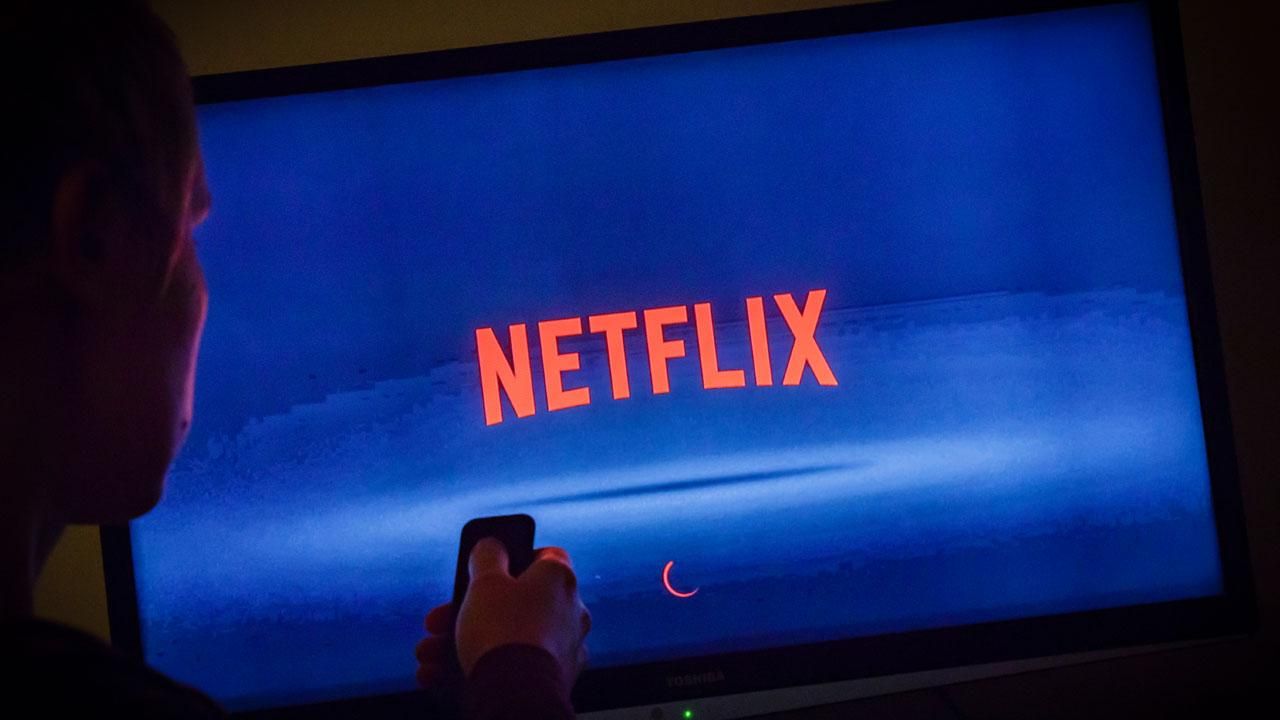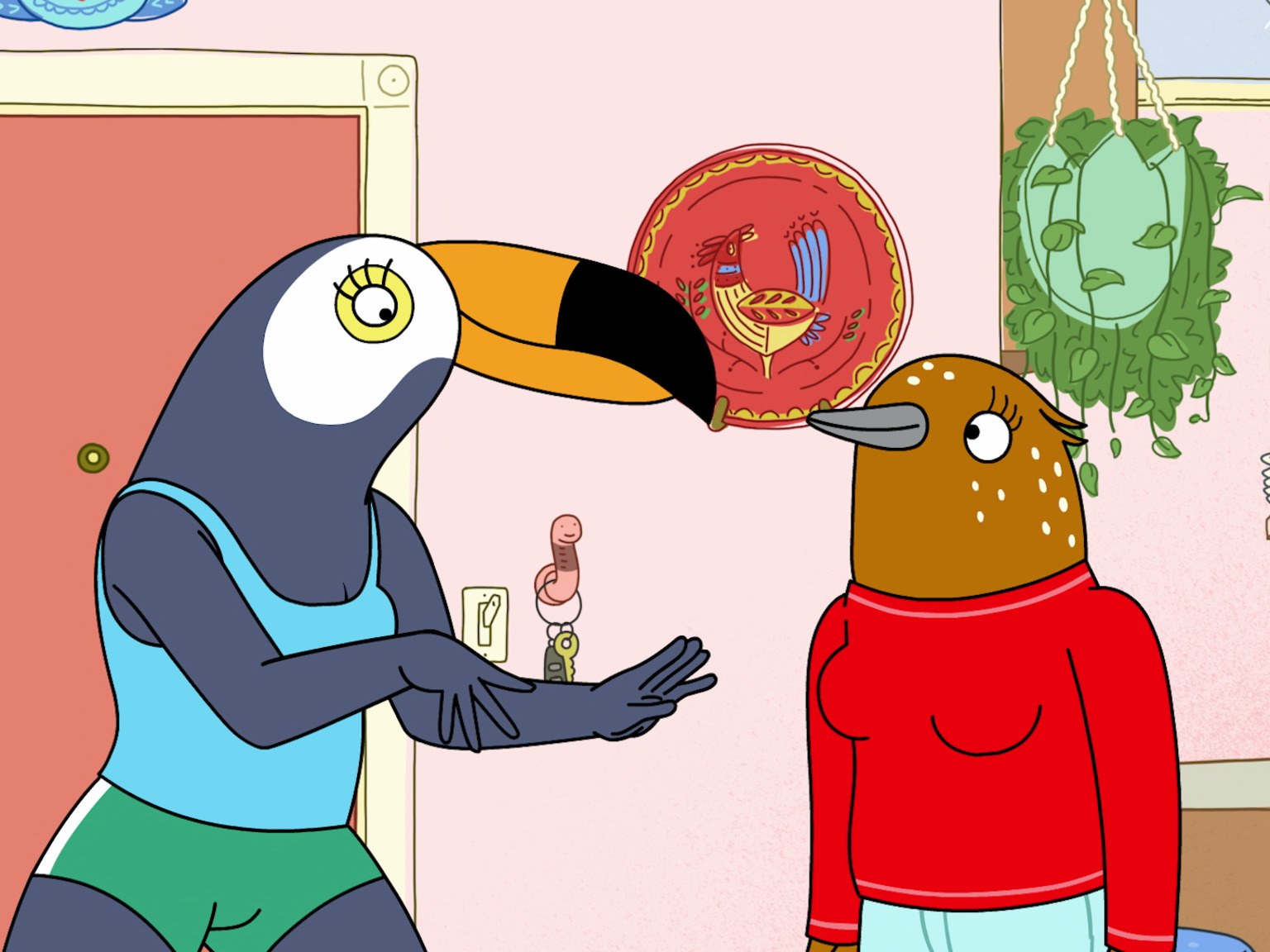Not too long ago, it seemed like Netflix was changing the rules of television. Just five years ago, the company was striking massive deals for bold and interesting projects that would have never made it on network TV, shows like The Order, Bojack Horseman, and What/If, just to name a few. TV show creators were eager to work with Netflix, which seemed like a promise land for experimentation and ambitious television.

Netflix Algorithm Is Affecting Content Creators
However, things have changed quite a bit and things are beginning to look a bit scary for Netflix newcomers. Recent cancelations of shows like The OA and Tuca & Bertie have sparked a conversation around whether or not the streaming giant is giving new shows a fair chance before sending them to the chopping block.
Lisa Hanawalt, who is Tuca & Bertie showrunner, says that the main offender is Netflix’s algorithm, which she believes played a key role in her show being cancelled.
Vulture’s writer Jen Chaney lamented, “Considering how rare it is for women to get showrunner opportunities, particularly in the animated realm, it stings even more to see Tuca & Bertie get the cut before it really got a chance to find an audience,” Vulture’s Jen Chaney wrote. “The fact that Tuca & Bertie got canceled less than three months after it showed up? That just makes no sense at all.”
While traditional network showrunners have the ability to check Nielsen ratings to get a sense of how well their show is faring, Netflix heavily guards its data, making it difficult for Netflix show creators to keep track of how many are tuning in to their shows and what the future may hold for the show.
Part of the issue may be that Netflix has recently experienced a drop in subscribers in the United States for the first time in over a decade. Streaming analyst and CEO of consultancy firm Patriarch Organization Eric Schiffer says: “We’re coming out of the golden age of streaming where Netflix had no reasonable competition. That could have a catastrophic effect on their skyrocketing growth.” That means that as Netflix faces more competition, it may hold its creators to a more intense standard than in the past. He summarizes: “Netflix is not dying. They’re not in existential crisis. It’s just now they have some real competition.”

Tuca & Bertie Recently Got The Cut








